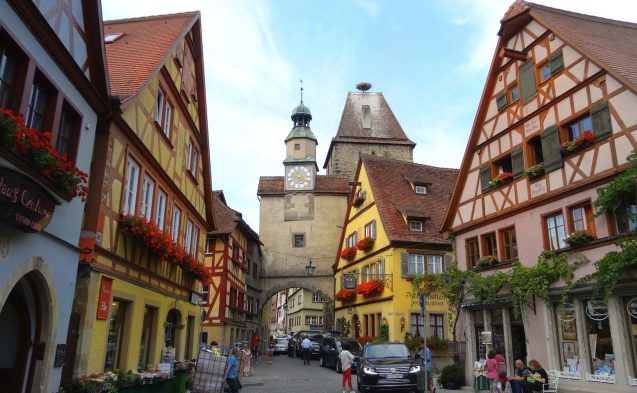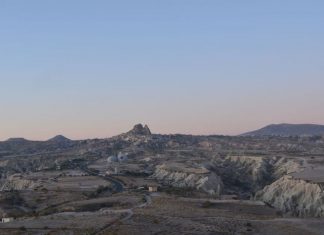Until the adoption of Islam and the implementation of the Arab alphabet in Volga Bulgaria, the people used the runic script. The existence of such a script among the Bulgarians in the 8-9 centuries is supported by the inscriptions found by archaeologists in the region of the Mayatsk and Sarkdsk settlements. According to investigators, it is a case of a runic script of the North Caucasian ancient Bulgarian type. It continued to exist at the popular level after the adoption of Islam. The Arab bibliographer of the end of the 10 century. Ibn a Nadun.
States that people used “eastern script and the Mam script” in Volga Bulgaria, i.e. the writing system of the Manichets or the runic script. The early script of the Bulgarians is probably based on poorly studied graphic systems and is still to be examined and analyzed in the future.
In the course of the Ottoman invasions, the basic cultural and educational centers of medieval Bulgaria were destroyed. A considerable part of the Bulgarian aristocracy was killed; some was forced to emigrate in order to survive. The natural development of Bulgarian literature and the Bulgarian language was suspended for long after the final joining of the Bulgarian lands into the Ottoman state.
Ottoman period
Unlike in the preceding historical epochs, during the Ottoman period that fact determined the evolving of the language into an explicit ethnic sign for the people living in the Bulgarian lands. Moreover, the preservation and the development of the mother tongue remains one of the most important prerequisites for the safeguarding of the cultural traditions and native memory of the Bulgarians.
In the initial two to three centuries of Ottoman rule, although deprived of its intellectual and spiritual leaders and isolated from the dynamically developing European world, the Bulgarians were able to reconstruct some of the old monasteries and even to build some new ones. They became active literary centers, training priests and literate citizens, copying old books, creating new works with ecclesiastical contents.
That all played a part in the protection of the Bulgarian language and in the maintenance of the basic literacy in Bulgarian lands. At the beginning of the 19th century, when the revival processes gained momentum and when the recovery of the spirit encompassed wide circles of society, then began the process of the formation of the Modem Bulgarian language. It became the essential precondition of the revival culture and the national emancipation of the Bulgarians within the boundaries of the multifaceted Christian population, living under the rule of the Ottoman Empire.
Read More about Second Battle with Heresy part 27








